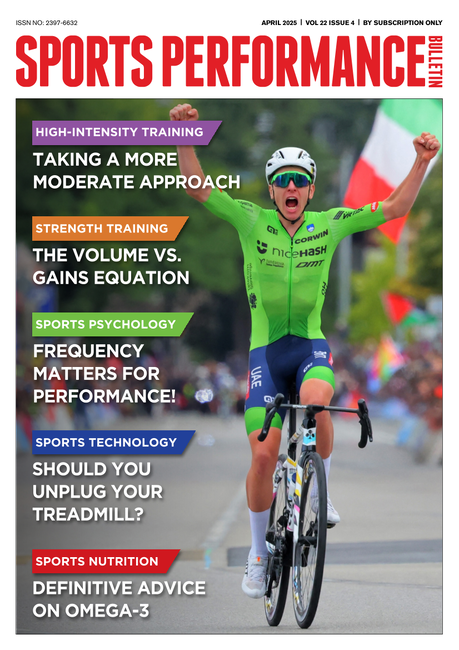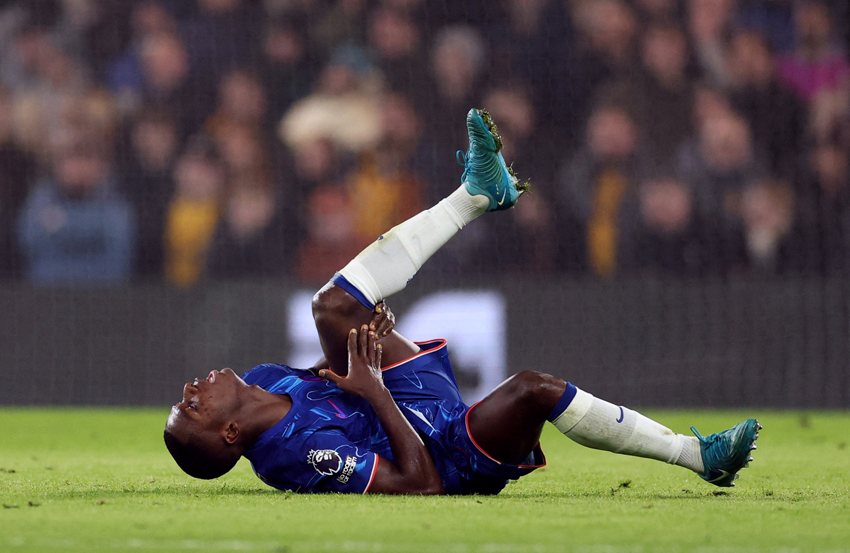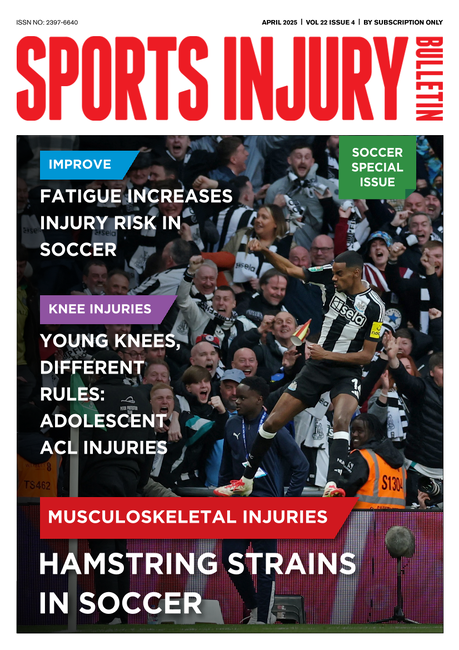Beta blockers side effects and exercise
Many people with heart disease or high blood pressure (hypertension) are on long-term B-blocker therapy
B-blocker drugs are well established as being helpful in controlling hypertension and angina; they are also helpful in preventing further cardiac incidents for people who have already suffered one heart attack. Thus they have an important role in reducing deaths from coronary heart disease and improving quality of life. But unfortunately the benefits can come at a cost - some B-blockers have side-effects such as increased fatigue, tension and depression.
As exercise has been shown to have psychological benefits, a team of researchers at University of Birmingham Medical School decided to investigate whether physical activity would help to offset B-blockers' adverse effects on mood ('Acute effects of B-blockade and exercise on mood and anxiety', A. Head et al, Br J Sports Medicine, vol 30, pp 238-242).
Twenty healthy volunteers (10 male, 10 female) were recruited for the study from amongst the students at Birmingham University. Initially, VO2max was determined for all subjects to assess their aerobic fitness. Then, in the 'treatment' phase of the study, two commonly prescribed B-blockers (propranolol, metoprolol) were introduced. For a period of four days, one of placebo, propranolol and metoprolol were given, randomly allocated. On the fifth day, the volunteers were invited into the lab, and given standardised questionnaires to assess their mood and level of anxiety. After completing the questionnaires, one hour of treadmill walking was carried out, tailored to 50% of VO2max for that particular volunteer. Fifteen minutes after the exercise, the same questionnaires were used again. A minimum of seven days was then allowed as a break before starting the next four-day regime of drug or placebo.
The results showed that 'depression' was significantly higher when taking propranolol when compared to placebo. But after the hour's treadmill walking, depression scores were no different to placebo. Measures of 'tension' were also significantly increased on propranolol. As with depression, exercise reduced tension to a level that was no different from placebo. In contrast, the only statistically significant effect of metoprolol was to increase fatigue before and after exercise.
Thus, the study indicates that propranolol is likely to have an adverse effect on mood. But if this is the drug of choice for a particular patient, exercise could be a positive way of relieving the increased symptoms of depression and tension commonly arising. Previous research has come up with similar findings - a beneficial effect of regular exercise (over a period of six weeks) for people diagnosed with depression. Patients with established coronary disease wanting to exercise regularly would need expert guidance on how to start and maintain a fitness programme.
Janet Stansfeld
You need to be logged in to continue reading.
Please register for limited access or take a 30-day risk-free trial of Sports Performance Bulletin to experience the full benefits of a subscription. TAKE A RISK-FREE TRIAL
TAKE A RISK-FREE TRIAL
Newsletter Sign Up
Testimonials
Dr. Alexandra Fandetti-Robin, Back & Body Chiropractic
Elspeth Cowell MSCh DpodM SRCh HCPC reg
William Hunter, Nuffield Health
Newsletter Sign Up
Coaches Testimonials
Dr. Alexandra Fandetti-Robin, Back & Body Chiropractic
Elspeth Cowell MSCh DpodM SRCh HCPC reg
William Hunter, Nuffield Health
Keep up with latest sports science research and apply it to maximize performance
Today you have the chance to join a group of athletes, and sports coaches/trainers who all have something special in common...
They use the latest research to improve performance for themselves and their clients - both athletes and sports teams - with help from global specialists in the fields of sports science, sports medicine and sports psychology.
They do this by reading Sports Performance Bulletin, an easy-to-digest but serious-minded journal dedicated to high performance sports. SPB offers a wealth of information and insight into the latest research, in an easily-accessible and understood format, along with a wealth of practical recommendations.
*includes 3 coaching manuals
Get Inspired
All the latest techniques and approaches
Sports Performance Bulletin helps dedicated endurance athletes improve their performance. Sense-checking the latest sports science research, and sourcing evidence and case studies to support findings, Sports Performance Bulletin turns proven insights into easily digestible practical advice. Supporting athletes, coaches and professionals who wish to ensure their guidance and programmes are kept right up to date and based on credible science.









